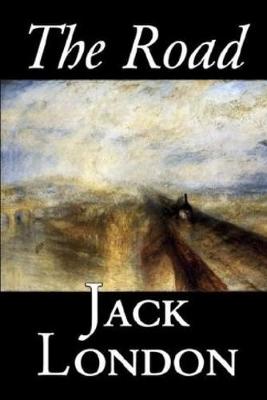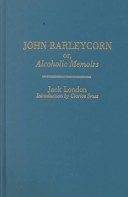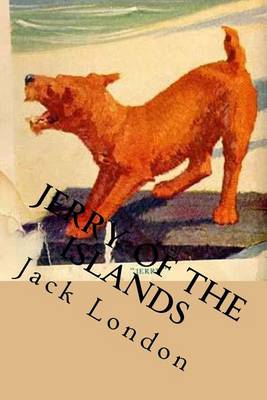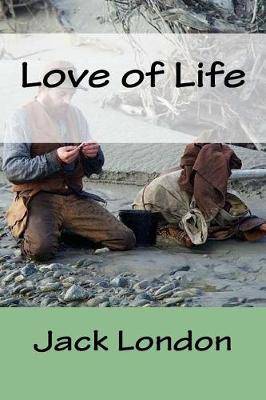Jack London Classics
8 total works
Jack London was famous for his adventure stories, such as "White Fang" and "The Call of the Wild," but he was also a skilled political writer and social critic. He led a varied and colorful life as a journalist, laborer, fisherman, gold-prospector and even a vagrant. Jack London came to the East End of London in 1902, and "The People of the Abyss" is the result of his investigative journalism that paints a vivid and disturbing portrait. It is both a literary masterpiece and a major sociological study. London posed as a stranded American sailor, sleeping in doss houses and living with the destitute and starving - the record of what he saw there remains as powerful today as it was then. Published to coincide with the centenary of his visit to the East End, this important book is an incredible precursor to the writings of George Orwell, and remains a standard-bearer critique of capitalism.
At his peak, about the time this collection was first published in 1910, Jack London was the highest-paid and perhaps the most popular living American writer. Lost Face consists of seven short works, including the title story and his finest and best-known short story, "To Build a Fire." Now in paperback for the first time, this collection appears as it was originally published.
Jack London grew up in poverty, educated himself through public libraries, and, in addition to writing, devoted his life to promoting socialism (although he eventually resigned from the Socialist Party). Despite his financial and critical success, in the end he succumbed to alcoholism and depression and died of a drug overdose. During the 1898 gold rush, London traveled to the Klondike to seek his fortune. It was this experience that had the most profound effect on his writing. Not only did he mine the far north environment for subject matter (and all the stories in Lost Face take place in the Yukon), but his laconic style drew upon its cold harshness and loneliness, where people and beasts had to work together or against each other for survival. London's stories are treasured for their insights into the psychology of both people and animals-particularly dogs-and Lost Face is a brilliant collection of some of the finest examples of London's craft.
In "The Apostate" his concerns with the working poor and his dislike of pre-union-era capitalism are evident in a grim story about a young man who is brutalized by the subhuman working conditions in a textile mill, yet achieves a kind of liberation in the end.
London's fascination with primitive male characters is evident in "Just Meat," a story of two thieves who plot each other's demise in a selfish grab for a hoard of recently stolen jewelry.
Like his famous novel The Sea Wolf, the stories "Make Westing" and "The 'Francis Spaight'" (described as "A True Tale Retold") portray corrupt sea captains abusing and terrorizing their crews during nightmarish voyages.
In the concluding story, "A Piece of Steak," London starkly portrays the desperate struggles of an aging boxer as he grapples with a younger contender through most of a grueling twenty-round fight.
As all of these stories vividly reveal, many of them brilliantly, no one had a more dispassionate and uncompromising view of human nature at its worst or could express it more forcefully than Jack London.







